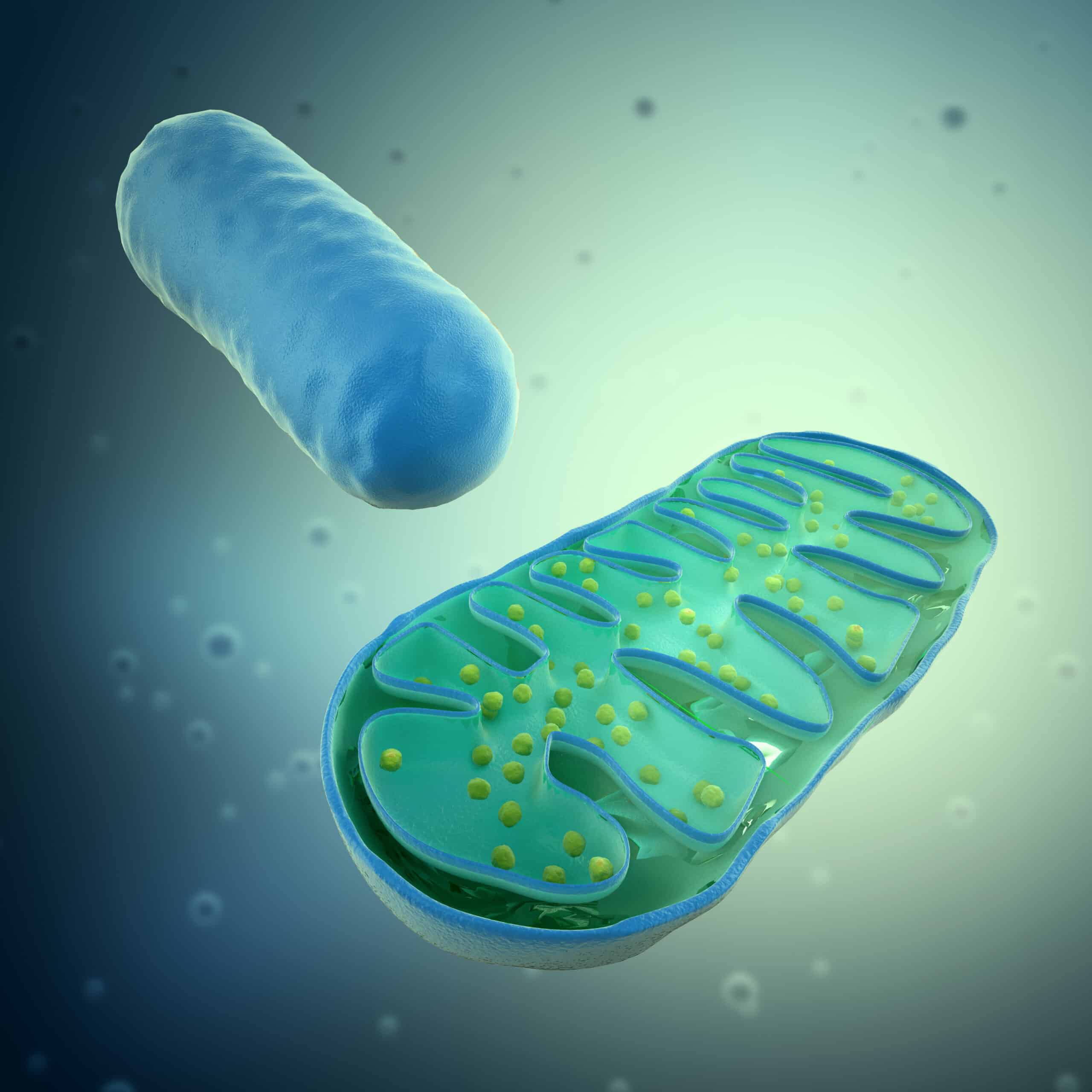Immune cells employ NLRP3 inflammasome molecules to keep tabs on inflammation, this is inactive in healthy cells, but when switched on the cell’s mitochondria are damaged by stress or exposure to bacterial toxins. When it becomes stuck on the inflammasome can contribute to a number of chronic inflammatory conditions including Alzheimer’s disease, gout, fatty liver disease, and osteoarthritis.
The researchers previously have shown that damaged mitochondria activate NLRP3 inflammasomes, and that the inflammasome is deactivated when mitochondria are removed by the cell’s internal mitophagy recycling process.
When investigating how macrophages regulate uptake of choline the team discovered that an inhibitor of the enzyme choline kinase could initiate mitophagy, with ChoK inhibited choline was no longer incorporated into mitochondrial membranes, as results cells perceived the mitochondria as being damaged and cleared them away via mitophagy.
“Choline is a vitamin-like nutrient that is taken up via specific transporters and metabolized by choline kinase, which converts it to phosphocholine needed for de novo synthesis of phosphatidylcholine (PC), the main phospholipid of cellular membranes. We found that Toll-like receptor (TLR) activation enhances choline uptake by macrophages and microglia through induction of the choline transporter CTL1. Inhibition of CTL1 expression or choline phosphorylation attenuated NLRP3 inflammasome activation and IL-1β and IL-18 production in stimulated macrophages. Mechanistically, reduced choline uptake altered mitochondrial lipid profile, attenuated mitochondrial ATP synthesis, and activated the energy sensor AMP-activated protein kinase (AMPK). By potentiating mitochondrial recruitment of DRP1, AMPK stimulates mitophagy, which contributes to termination of NLRP3 inflammasome activation. Correspondingly, choline kinase inhibitors ameliorated acute and chronic models of IL-1β-dependent inflammation,” according to the researchers.




